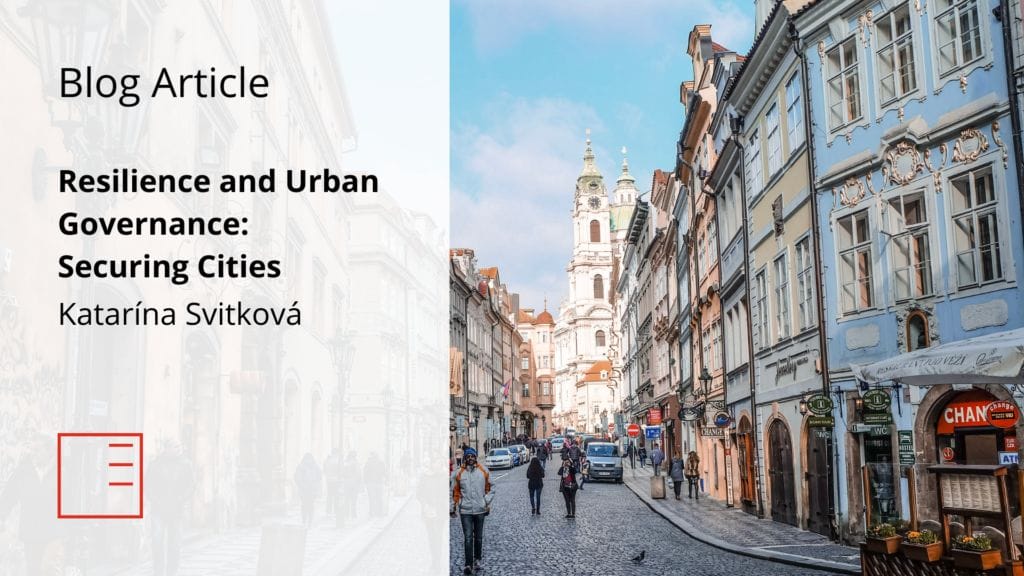Resilience and Urban Governance: Securing Cities

Cities are the engines of our time. More than a half of the world’s population currently lives in urban areas, reaching 75% in the European Union. Serving as hubs of economy, technology, innovation, science, political and social change, cities are also vulnerable to disruptions. They become increasingly difficult to govern and develop, amidst social, demographic and technical challenges, climate change and extreme weather.
It is in this context that resilience, or a capacity to withstand disruptions and continue functioning, has emerged as a technical and policy solution. Urban resilience, specifically – has turned into a buzzword, process and a desired outcome, and consequently boomed in cities, industries and organizations wishing to preempt, prevent and mitigate adverse conditions and events.
In a book recently published by Taylor and Francis, I trace the evolution of urban resilience in science, research, policy and industry over the past decade. The book poses questions about what urban resilience means, and how it is used and legitimized in different local contexts. In other words, what does it do, and to what extent is it helpful and relevant to address the challenges that cities currently face?
You can find the whole policy paper under the PDF button below.
Link to Katarína Svitková's new book: Resilience and Urban Governance: Securing Cities.

